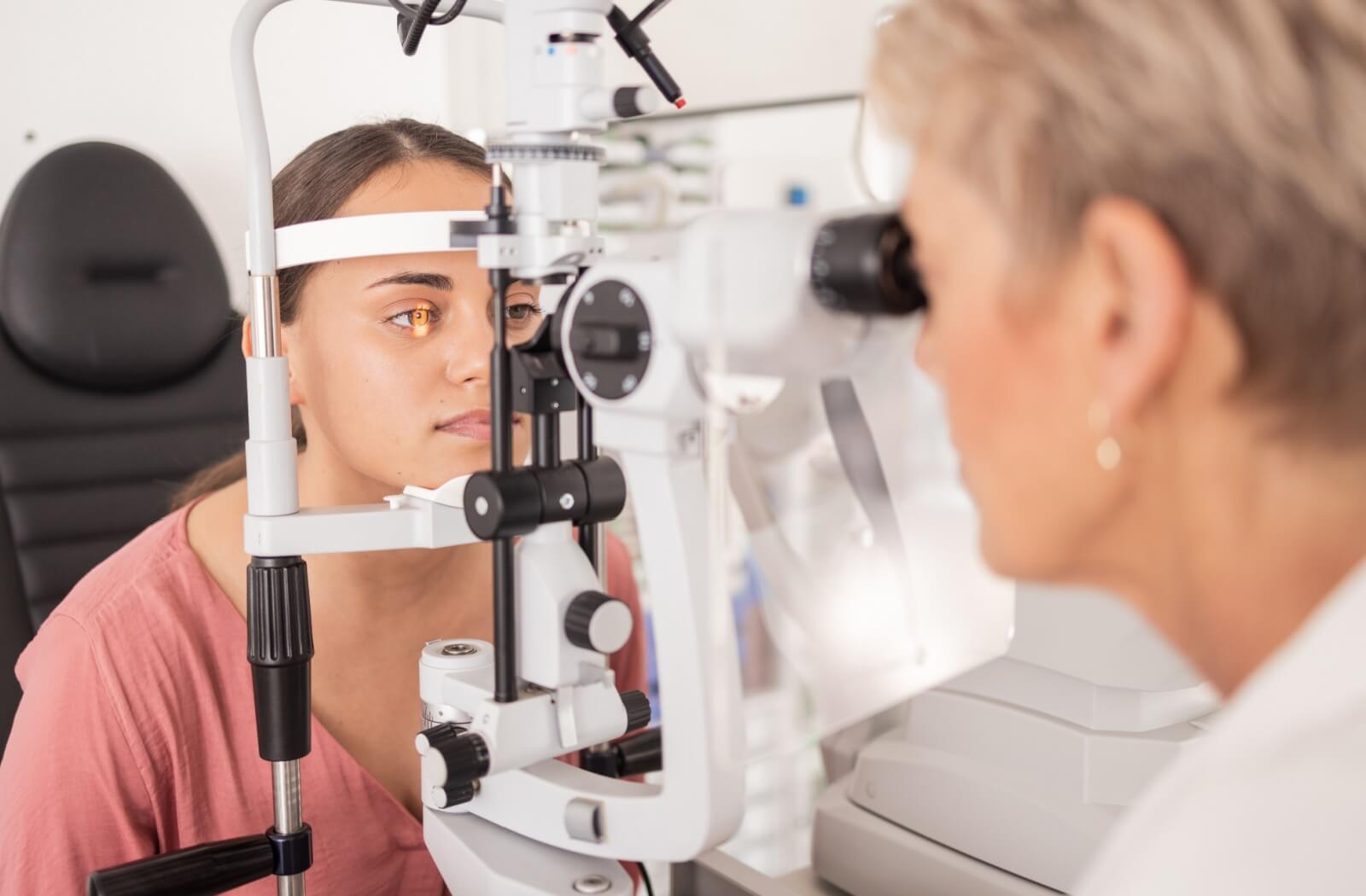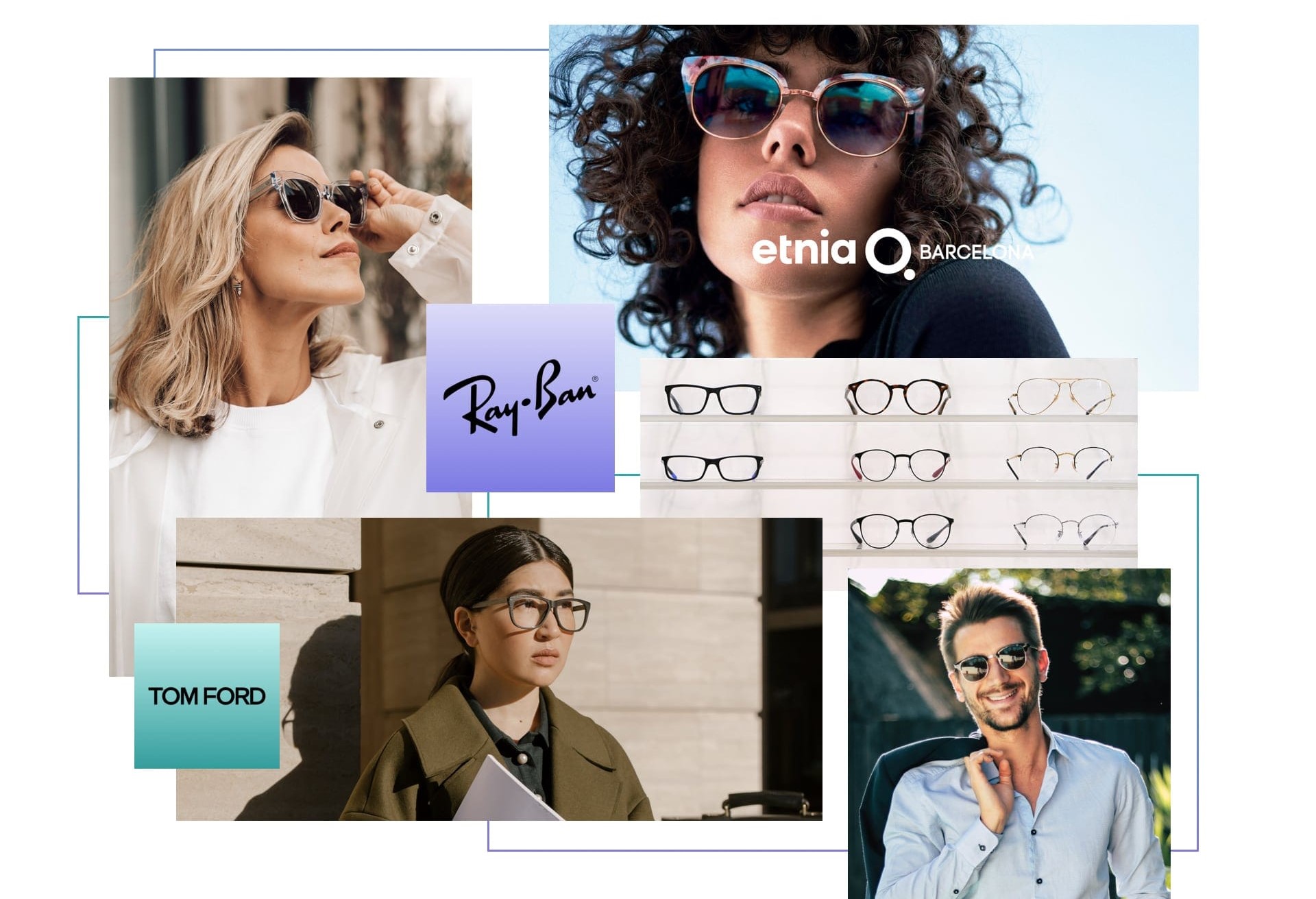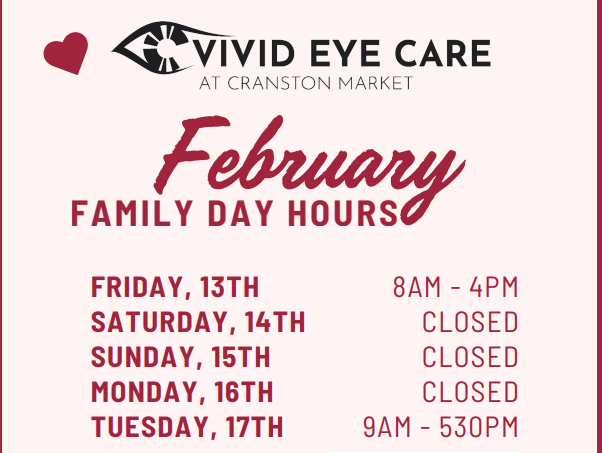While some vision changes are permanent, and while vision does tend to get a little bit weaker as we age, it’s possible to maintain or improve your vision with the right care, habits, and treatment plans. Understanding what’s affecting your vision is the first step in knowing whether improvement is possible and what strategies may help.
Whether you’re managing age-related macular degeneration or exploring support through eye nutrition, tailored care can help make a noticeable difference to your vision.
What Affects Your Eyesight?
Vision depends on several systems working together. The shape of your eye, your cornea, and your lens, as well as how your brain processes light, all influence how well you see.
When this balance is disrupted, you may notice blurriness, difficulty focusing, or visual fatigue, all of which can be signs of a refractive error or health-related change. Other factors, including medications, blood sugar levels, and systemic health conditions, can also contribute to changes in how clearly you see from day to day.
Can Eyesight Improve Naturally?
In some cases, yes. Children may experience changes in vision as their eyes grow. Some mild refractive errors may stabilize or shift over time.
Day-to-day habits can also have an impact. Adjusting screen time, improving lighting, and staying hydrated may help reduce digital eye strain and improve visual comfort. For people who experience eye fatigue or blurred vision while doing close-up tasks, a combination of healthy screen habits and ergonomic adjustments can offer noticeable relief.
Correcting Vision
Many vision issues, especially refractive errors, can be corrected by glasses, contact lenses, or laser surgery.
Using Corrective Lenses to Support Vision
Glasses and contact lenses remain reliable tools for managing refractive errors. While they don’t permanently fix underlying issues, they can improve how clearly and comfortably you see.
Options like progressive lenses, multifocal contacts, or lens coatings may help address specific visual needs and support comfort throughout the day.
Frequent prescription updates, especially for those whose visual needs are changing, are also important. Even small adjustments can make a difference in reducing headaches, eye strain, or difficulty reading.
Laser Eye Surgery
Some refractive errors can be treated with surgical procedures like LASIK or PRK. These techniques reshape the cornea to help light focus more effectively on the retina.
Depending on eye health and individual factors, surgery may reduce reliance on glasses or contact lenses. Laser vision correction options are often discussed during an eye exam and tailored to your specific needs using available technologies and common practices in refractive care.
These procedures are typically considered for adults with stable prescriptions and no active eye disease.
Can Nutrition Influence Vision?

Nutrition won’t change your prescription, but it can support long-term eye health. Antioxidants, vitamins, and healthy fats may contribute to better retinal function and overall visual comfort.
Lutein, zeaxanthin, vitamin C, and omega-3s are often associated with supporting the retina and reducing inflammation. These nutrients are found in food or may be recommended through eye nutrition support.
Maintaining a nutrient-rich diet may be especially helpful for those at risk of conditions like macular degeneration or dry eye, both of which can affect vision over time.
How Eye Exams Support Visual Changes
Routine eye exams do more than check for prescription updates. They also help identify potential eye diseases or health issues that can affect how well you see.
Changes related to neurological conditions, systemic disease, or medication side effects may first show up in the eyes. A comprehensive eye exam helps monitor your vision and overall health.
Even if you’re not experiencing noticeable symptoms, regular visits can catch subtle shifts before they impact your quality of life.
Can Vision Therapy Help?
Vision therapy uses customised exercises to improve how your eyes and brain work together. It may be recommended for conditions like double vision, focusing issues, or lazy eye.
Structured programs are developed based on visual function and may help children and adults who are struggling with tracking, eye teaming, or depth perception. These programs are designed by professionals trained in functional optometry.
Vision therapy isn’t a quick fix, but over time it can strengthen visual processing and support more efficient, comfortable sight.
Can Vision Improve With Age?
Everyone experiences some level of vision decline with age, even when proactive steps are taken to slow the process. Presbyopia, or age-related near vision difficulty, is common and usually managed with reading glasses or multifocal lenses.
In some cases, small changes such as using better lighting or updating eyewear can improve daily comfort and make vision feel sharper.
It’s also possible for symptoms like eye strain or blurry vision to lessen when other health factors, such as dry eye or blood sugar fluctuations, are addressed.
Supporting Eye Health with a Whole-Person Approach
Eyesight isn’t only about reading the chart. It affects how you go about your day, from working and reading to driving and socialising.
Adjustments like screen positioning, visual aids, or improved eyewear can help reduce eye strain and support a more comfortable visual experience. By taking a broader look at your environment, habits, and eye health history, it’s easier to find strategies that support vision beyond a basic prescription.
Start Improving Your Vision
Taking good care of your eyes won’t improve your vision overnight, but good habits will preserve your eyesight long-term. Whether that means fewer headaches, sharper focus, or more ease during daily tasks, the right plan can make a difference.
With Vivid Eye Care, we take a full-scope approach to help you explore nutrition, therapy, updated lenses, and modern corrective options that support your long-term vision. With the right care, it’s possible to work toward better clarity and visual comfort at any stage of life.
Book an eye exam and see how we can help you improve your vision.






















